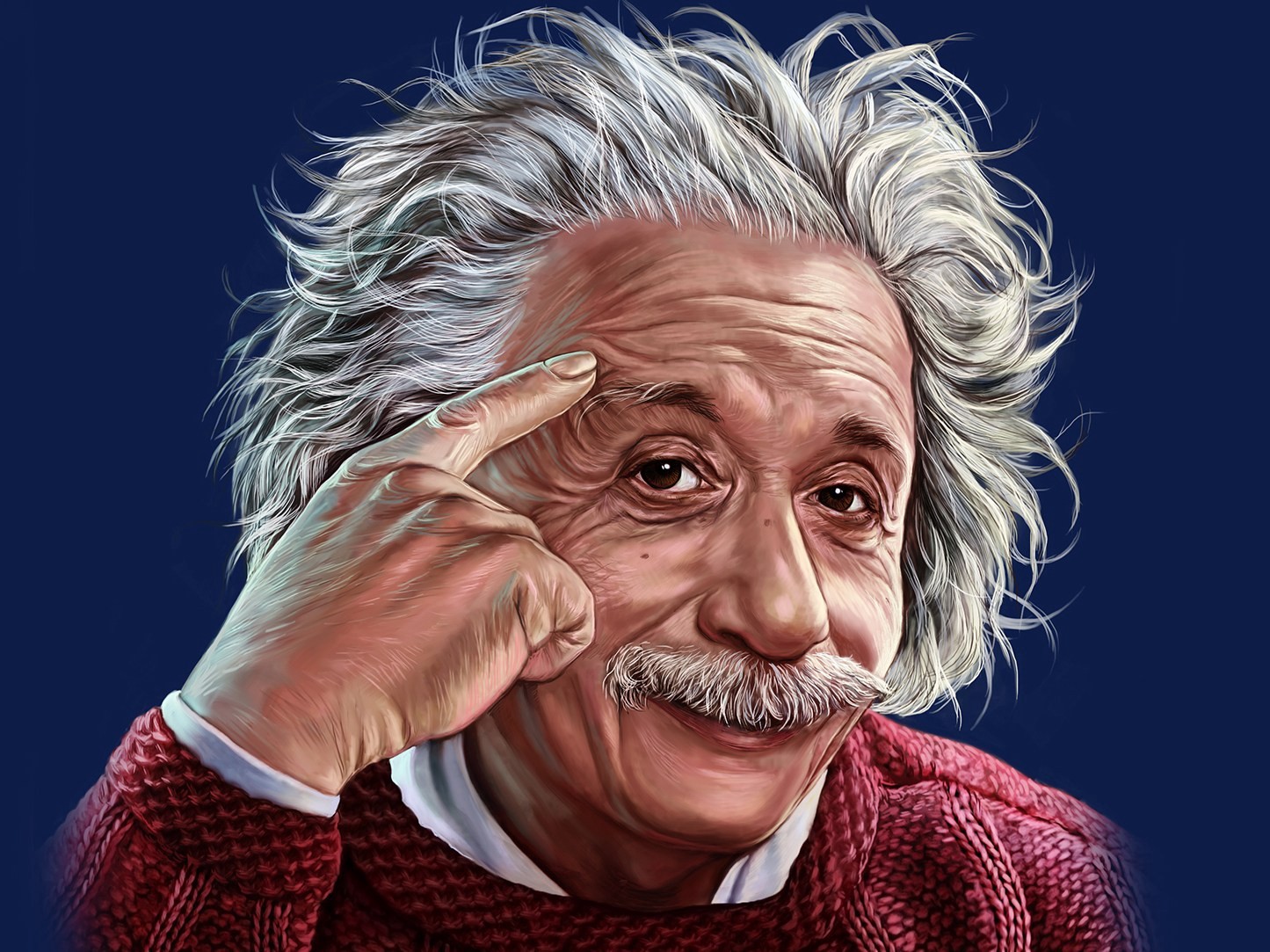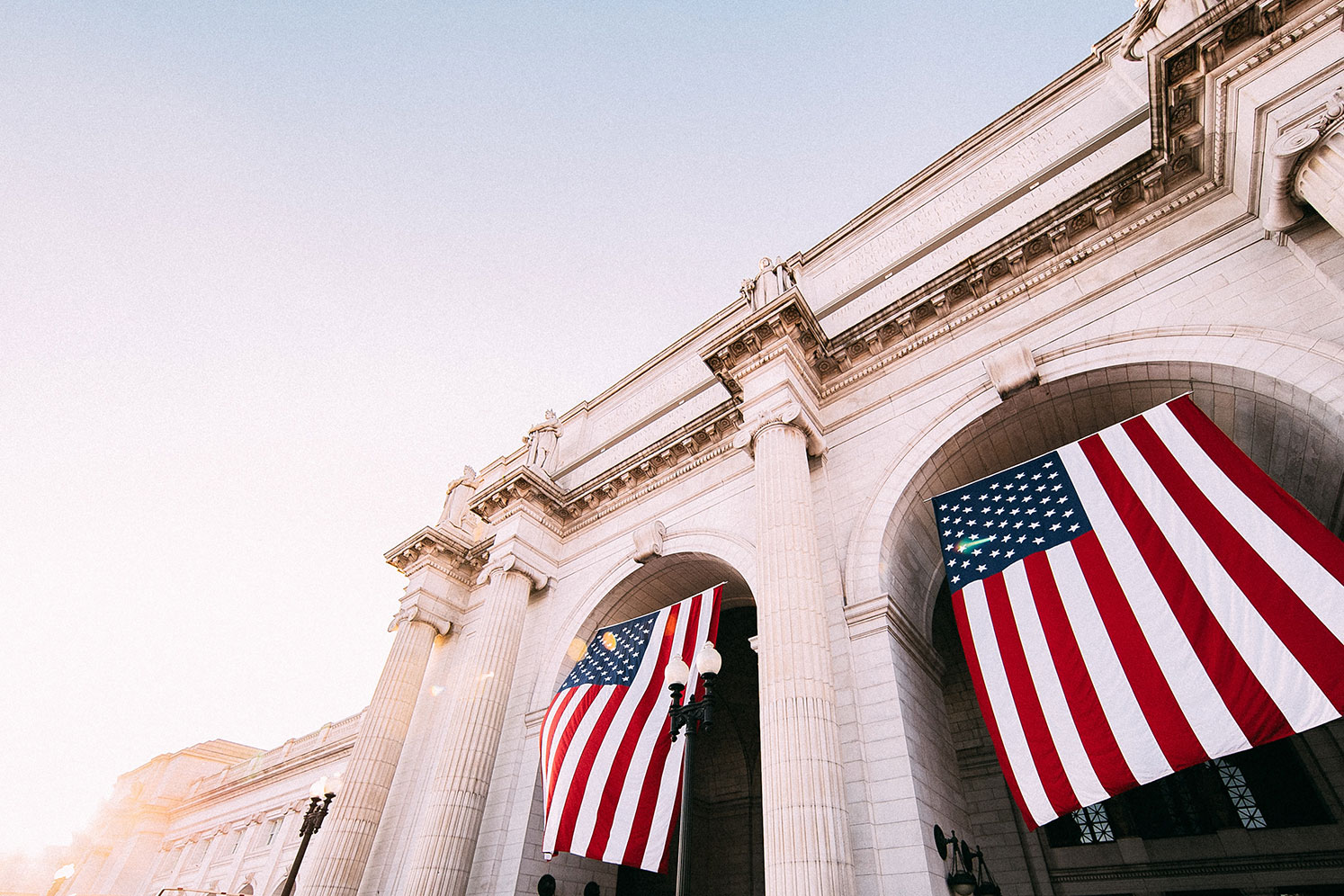A Hawk in the Dove’s Nest
A View Into The Fed’s Inner-Sanctum
I recently had the pleasure of sitting in on a discussion with former Federal Reserve Bank President from Philadelphia, Charles Plosser. Charles spent 10 years at the Fed, before terming off in 2016.
We were hosted at a lovely home on University Avenue in Palo Alto. Charles’s visit was made possible through his tour at the Hoover Institute at Stanford University. Ten to twelve of us – venture capitalists, tech CEOs, money managers, and academics – gathered around the dining room table, chatted and asked questions. Wine was served, which helped facilitate a collegial, informal atmosphere.
“In short, the economic cure-all of cheaper and cheaper money has become the toxin that inhibits the natural order of the economic cycle.”
What followed was an insider’s view into the inner-sanctum of the Federal Reserve. Charles is known as an inflation fighting “hawk” on a Federal Reserve Board, which has been dominated by easy money bankers known as “doves”. The “doves” have more or less reigned supreme on the Fed going all the way back to Alan Greenspan’s “irrational exuberance” speech in 1996. Since that time, every crisis and mini-crisis has been met with lower interest rates and overwhelming liquidity. Our chat with Charles brought to light some of the challenges that he feels these easy money policies have fostered. In short, the economic cure-all of cheaper and cheaper money has become the toxin that inhibits the natural order of the economic cycle.
Charles Plosser earned a bachelor of engineering degree from Vanderbilt University in 1970, and Ph.D. and M.B.A. degrees from the University of Chicago in 1976 and 1972, respectively. Before joining the Philadelphia Fed, Plosser was the Dean of the William E. Simon Graduate School of Business Administration at the University of Rochester for 12 years. He also served concurrently as the school’s John M. Olin Distinguished Professor of Economics and Public Policy. Plosser was also the co-editor of the Journal of Monetary Economics for over 20 years. [source: Wikipedia]
“A business cycle without recession is like religion without sin.”
Here are my top five impressions from our discussion with Charles Plosser:
1. Charles’ specialty is the business cycle: his most memorable quote from the evening was “a business cycle without recession is like religion without sin.” Putting religion aside, Charles was pointing out that an economy needs “cleansing” that comes from a recession, to let unprofitable firms go and let leaner and more stable firms take their place. He suggests monetary policy has inhibited creative destruction. Is the appetite reduced for letting capitalism work in this way due to too much interconnectedness? Perhaps. Given the U.S. economy’s total debt is four times GDP (not counting upcoming entitlement liabilities like Medicare/Medicaid and Social Security), are there too many unpayable debts and too little solvency to let a recession happen naturally, as a normal part of the business cycle? Also, perhaps. Charles’ view is that market participants have determined that the extreme downside risks should be trimmed, while also sacrificing upside return potential. In many ways, Europe has already embraced this view of the risk and return spectrum. Charles suggests we are on a similar path.
2. Given all the extraordinary monetary policy, why has this economy struggled to reach “escape velocity?” – Charles openly wondered if the economy is growing slower than otherwise expected because human capital is not keeping up with technological advancement. As a bit of background, there are two key components of economic growth – growth in labor force and growth in productivity (measured output per unit of input). By focusing on just these two components we ask… are there more or fewer people working and are they more or less productive at their job?
Regarding the growth in the workforce, the economy is facing headwinds in the form of an aging workforce that continues to shrink through artificial intelligence and robotics, coupled with immigration challenges. All of these factors do not bode well for employment gains, thus limiting a good portion of potential economic growth.
“…long-term growth is unlikely to rise meaningfully above the slow pace of this current business cycle.”
Going to the second portion of the growth equation (productivity), Charles expressed concern that human capital is not keeping up with technological advancement. Productivity was a primary driver during the high-growth of the past 30 years. Bottom line, tech has brought both lots of positive changes along with disruption. Going deeper, tech has dramatically changed the nature of most jobs, and worker skills have simply not kept pace, as the rate of technological change continues to compound at rates that may exceed our ability to adapt from generation to generation. Given Moore’s law, the quantum leaps in technology are unlikely to slow down. As such, the full extent of tech benefits may be increasingly difficult to achieve. That means long-term growth is unlikely to rise meaningfully above the slow pace of this current business cycle.
“Tariffs are a central banker’s nightmare because tariffs encourage deflationary inflation – higher prices with lower economic output.”
3. Administration policies – Charles went to pains to keep from sharing his overall views of the new administration, but he was willing to discuss policies, as they relate to the economy. De-regulation is good… to a point. Much of Dodd-Frank, the Volker rule, and the Affordable Care Act were compromises. They should not be thrown out, but some tweaking could certainly be helpful. Tariffs are a central banker’s nightmare because tariffs encourage deflationary inflation – higher prices with lower economic output. How does the Fed set policy for that environment? Tax cuts will not solve anything without productivity increases – cuts will largely take from one pocket and put into another and/or create a need for deficit spending, which leads to higher interest rates etc. Repatriation could be a good one-time shot in the arm. He also commented that limiting immigration is bad for the economy as it limits the potential pool of skilled workers. Productivity enhancing infrastructure projects would be a plus, and this is where the focus should lie. However, those projects often take years to bring economic benefit. My sense is that an emphasis on job skills and training and re-training would be a great place to begin and end any government-led spending. He expressed that a massive infrastructure bill will most likely lead to history’s largest pork barrel and vote grab.
Classical Keynesian economics would suggest that the government fill its coffers in good times and borrows to spend in bad times, thereby creating a counter-cyclical anchor to steady the economy from damaging extremes. From this vantage point, the time for expanding fiscal policy was from 2008 to 2012. In theory, with unemployment below 5%, now is time for tax hikes in preparation for next down cycle. Charles was openly unhappy with fiscal expansion at this point of the cycle. This will complicate the Fed’s task going forward, as political uncertainty around the amount of government spending adds to the many uncertainties of the Fed’s dual mandate of stable growth and price stability.
4. In his interpretation of Fed policies to date, the Fed did not act independently during the Global Financial Crisis. The Fed did Congress’s bidding, as they became the lender of last resort to Wall Street and Detroit, choosing the winners and losers instead of letting the market decide. In short, Congress outsourced their job to the Fed.
“One problem with the path dependency of this system is that no one is ever individually proved correct or incorrect.”
BIG REVEAL – No one in the Fed knows anything that anyone in our room didn’t know. There is no special knowledge around the Fed Board Room. They observe and react. Simple as that. Got to admit, this part was a bit unsettling. I think he was attempting to point out that there are so many disparate views, from which each participant brings their own internal biases, based on their own staff’s research. One problem with the path dependency of this system is that no one is ever individually proved correct or incorrect. As such, no one knows nuttin’.
Fears for Fed’s independence – he pointed out that the Fed could be audited at any time, and that probably has the effect of making the Fed more political than otherwise.
5. An outlook for Fed policies – Charles indicated that the Fed should drain its own swamp of the reserves it created from quantitative easing (QE) operations—the Fed’s purchase of US Treasury securities intended to suppress interest rates and incent risk-taking behavior. He repeatedly referred to excess bank reserves as “kindling”. This was in reference to providing the potential accelerant in the banking system, in the form of excess reserves, to ignite inflation that could be difficult to control or ultimately distort normal economic investment relationships.
In his view, the first round of QE was necessary, and the subsequent rounds were somewhere between risky and flat out irresponsible. He believes that the use of reverse repo transactions will be a political land mine if reserves are not drained in a timely fashion. For example, how will it look if the Treasury actually pays interest to the very same banks that they bailed out, just to keep those very same reserves on the banks’ balance sheets to prevent the banks from using them to make loans? What the heck? Right!
“And therein lies the political landmine.”
CAUTION – Wonky language ahead: These reserves have been sitting idly, doing nothing for some time. Banks have not lent the money out, but treated it like a rainy day fund as they sought to repair their balance sheets by reducing leverage ratios and improving their solvency/durability. Now that the Fed has raised rates, the Fed finds itself in the awkward position of paying interest to banks on those reserves, even though these same banks worked against the Fed’s efforts by not lending when the Fed needed them to make loans to jump-start the economy… AFTER these very same banks brought the global economy to its knees in 2008. And therein lies the political landmine. My apologies for the circular reasoning and going inside baseball, but it is a big deal and it really is twisted and we will be dealing with the aftermath for YEARS.
Charles suggested the Fed should have drained reserves (or at least communicated plans to term out holdings), prior to starting to raise rates. Because they did not take these primary, incremental steps before raising rates, US monetary policy is now years ahead of Europe and Japan. As the Fed tightens and other Central Banks ease, global monetary policy is out of sync, which has implications for the value of the dollar (and thereby growth and inflation). This is not a problem until it is a problem. Charles made clear, this could be a problem.
Those of us sitting around the table gained new insight and respect for the job of a central banker. By the time we wrapped up, I’m pretty sure most of the business leaders sitting there could appreciate the difficulty of public service, and I didn’t get the sense that any of us were green with envy.
How have my views changed? The views at the Fed are more diverse than I realized. We don’t necessarily get a clear picture of the true views at the individual level.
How have my views been re-enforced? Growth will be challenged long term, almost regardless of Administration policies.
“The big takeaway is that the economy and market face more headwinds than tailwinds.”
You also get a sense that the big Super Tanker known as the US economy may have a smaller rudder than I previously understood. That’s fine for calm seas, but not for turning on a dime in rough waters. There also appears to be a respectful debate within the Fed, but that may not be the case between the Fed and Congress. They seem out of synch. As we saw, the Fed feels like it was left to do the heavy lifting, only to have Congress meddle with the economy at the wrong time. Meanwhile, some members of Congress have been quick to blame the Fed for a faltering economy or its improvisation during the crisis.
With the market priced for near perfection and the Super Tanker’s steel skeleton groaning under the heavy burden of debt, the ship’s crew will have to work like a well-oiled machine to keep this vessel sailing above water and on course.
CUTTING THROUGH THE NOISE – A Financial Blog by Will Martin, CFA




